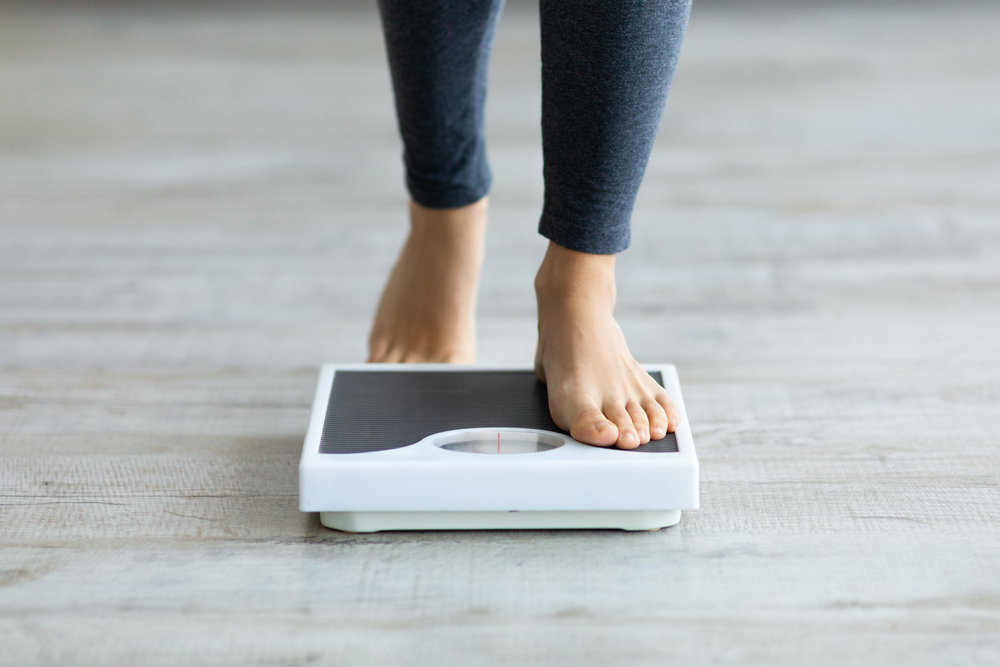Ozempic is in the headlines as a “miracle” weight loss drug. Developed to treat type 2 diabetes, it works by mimicking the hormone GLP-1, which helps regulate blood sugar and appetite. I’s FDA-approved for diabetes, but doctors sometimes prescribe it “off-label” for weight loss in non-diabetic patients. But just because you can take it doesn’t necessarily mean you should.
What Ozempic Does
Ozempic slows your digestion, curbs your appetite, and helps control blood sugar spikes. For weight loss, its principal effect is appetite suppression, often making high-calorie foods seem less appealing. Studies show non-diabetic patients can lose 10–15% of their body weight in less than a year, as long as they maintain a healthy diet and fitness plan.
Quick Results Are Always Welcome
A lot of people gravitate toward Ozempic for its speed and consistency of weight loss compared to diet and exercise alone. The drug negates the mental battle against cravings, which is a large part of what makes it so hard to lose weight. For some people, this “shortcut” makes a huge difference, especially if they’ve failed in previous weight-loss attempts.
Potential Side Effects
Common side effects include nausea, vomiting, diarrhea, and constipation, especially when you first start out. Some people feel fatigue, dizziness, or stomach pain. While these side effects usually improve with time, they can be drastic enough for some people to pull the pin on the treatment altogether.
Health Risks
Ozempic carries some serious warnings, including possible pancreatitis, gallbladder disease, and thyroid tumors (based on rodent studies). People with a history of medullary thyroid carcinoma or multiple endocrine neoplasia type 2 should not take it. Concerns have also come up about long-term effects on kidney function and nutrient uptake.

Putting The Weight Back On
A major drawback for non-diabetic users is that weight frequently comes back quickly once you go back off Ozempic. If you don’t address your basic lifestyle habits, the appetite suppression effect disappears, and old eating habits come right back with a vengeance. Some studies have shown patients gaining up to two-thirds of whatever weight they lost less than a year after stopping Ozempic.
Emotional And Mental Impact
While the physical results are a cause for rejoicing, some people have said they’ve become dependent on the drug for self-control. Others fret about losing the motivation to keep up their healthy eating habits when the medication is no longer part of their routine. This mental block can interfere with your long-term weight-loss goals.
Cost And Accessibility
Ozempic is expensive if you don't have insurance coverage; it often costs between $800–$1,200 a month. This is because the FDA hasn’t approved it for weight loss in non-diabetics, so insurance companies often deny coverage for this specific use, forcing patients to pay out-of-pocket.
Who Could Benefit Most
Non-diabetic people with obesity-related health problems like high blood pressure, joint pain, or sleep apnea might benefit more from Ozempic than those who just want to drop a few pounds to look good at the beach. In those cases, the potential health improvements could outweigh the risks.
Summary
Ozempic can undoubtedly help non-diabetic people lose weight, but it’s not so cut-and-dried as that. Side effects, costs, and the possibility of gaining all the weight back mean it should be handled carefully. Anyone thinking about going on it should review with a healthcare provider, preferably with the input of a registered dietitian, to make sure your treatment is done with a sustainable, long-term plan in place.
You May Also Like:
The Microbiome Is Reshaping What We Thought We Knew About Diet









